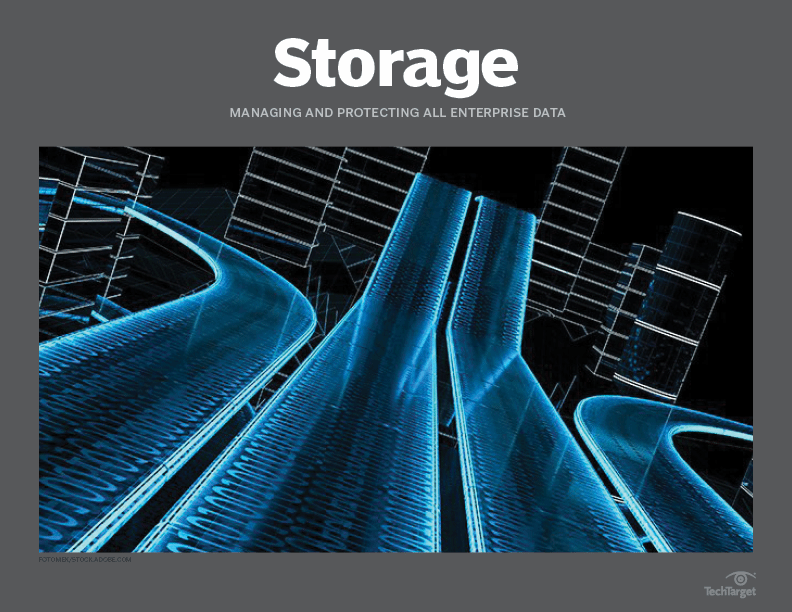PRO+ Premium Content/Storage
Access your Pro+ Content below.
Important questions about DRaaS you're not asking your vendor

This article is part of the Storage issue of November 2019, Vol. 17, No. 12
Disaster recovery as a service has always looked good on paper. DRaaS enables an organization to avoid the costs associated with owning or leasing a DR site, as well as the cost of equipping that site with the necessary data protection storage and ready-to-go servers. These savings are compelling, but IT professionals need to ask more profound questions of prospective and current DRaaS vendors to ensure their products and services live up to expectations. What steps are involved in instant recovery? Almost every DRaaS vendor claims some form of "push-button" recovery. While this often implies instant recovery, the technology usually doesn't fix things immediately. In most cases, the DRaaS offering has to run through a series of steps before an application is ready for users to log in. This can include copying data from archive cloud storage to a higher-performing storage area. Copying data takes time, even in the cloud. It can be a few hours before the application, and its data, is on a storage tier with acceptable performance ...
Features in this issue
-
Everything you need to know about composable infrastructure
Composability abstracts resources as services that can be dynamically composed and recomposed for specific applications. Learn about its many advantages, and why it isn't for everyone.
-
Illustrated guide to VMware vSAN HCI configuration and features
VMware vSAN software benefits enterprises by tightly integrating, virtualizing and pooling server resources to ease infrastructure deployment, management and implementation.
Columns in this issue
-
Important questions about DRaaS you're not asking your vendor
Not all DRaaS vendors are created equal. Expose any weaknesses and shortcomings in your current or prospective providers by asking the following questions.
-
Why application intelligence is the linchpin of modern data centers
AI-based application intelligence tools help IT cope with growing scale and complexity by automatically detecting workloads, analyzing requirements and making recommendations.
